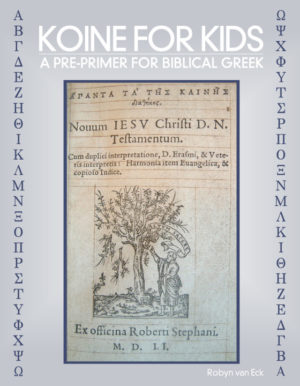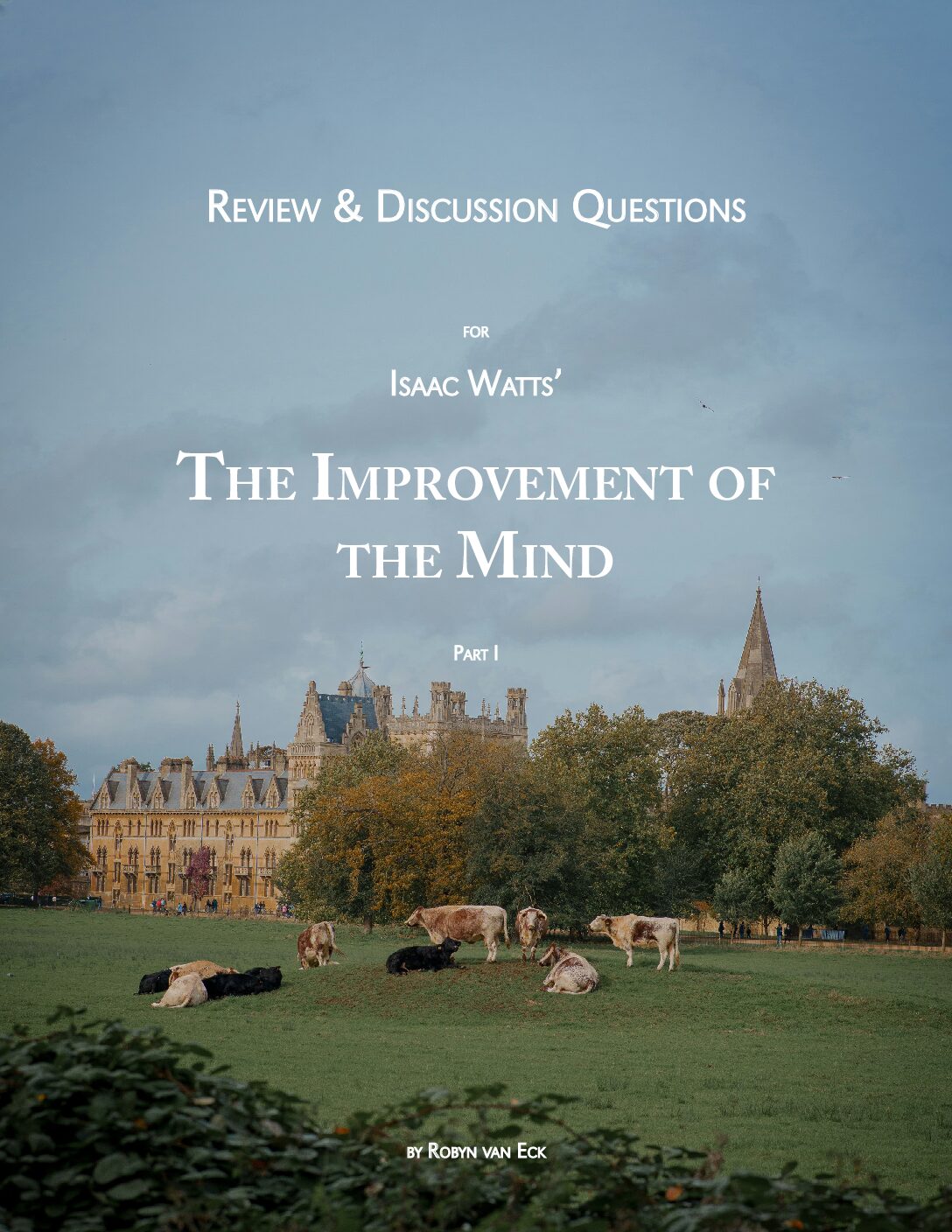Photo by Thought Catalog on Unsplash
It’s only taken a decade of homeschooling (and four decades of reading), but I am ready to declare war on the doctine of Context Clues.
When I was in school, my teachers taught me that it is Important that we students learn to understand what words mean, often, not by looking up the meanings, but rather by looking at “context clues”.
I was so young, and it was taught as if it were the purest Truth.
I believed it.
And for forty years, my reading ability has been crippled because of it.
Context Clues
I am a strong reader. Probably stronger than most others readers you know. I’m not telling you this to make myself look good, but because I want you to know that if you struggle with understanding what you’re reading and not quite knowing the meanings of all of the words, it’s not because there’s something wrong with you.
When we were taught Reading Comprehension, we were taught things that are FALSE.
Specifically, we were taught that it is important for us to learn how to discern the meanings of words we’re reading by looking at “context clues”, and then we were given exercises and tests to train us to respond to unknown words by guessing at the meaning based on context.
After nigh on forty years of reading and obediently using my “context” skills, I am here to tell you, emphatically, that the context will not tell you what a word means.
Heresy!, you cry.
I know. I know. That’s what I would have thought for the past forty years, if I’d heard someone talking like this.
But consider: How many times have you looked up the meaning of a word you thought you knew, and found out the meaning was completely different from what you thought?
This only became noticeable to me, when I started forcing my children to use the dictionary in homeschool. Every time they didn’t know a word, I would make them look it up. So then, when I’m reading aloud to them, and they ask, “What does that mean?”, suddenly I’m looking pretty hypocritical if I can’t give them an answer but I’m too lazy to look it up! So, we get the dictionary and look it up. And the meaning is completely different from the context-clues-based idea I had had in my head for the last 20-30 years.
Hmm; I’ve had that completely wrong all these years!
But this happened again and again.
And then I got to the studies for the older kids…
Logic, and Other Profitable Texts
In his Logic and Improvement of the Mind, Isaac Watts emphatically teaches that if we read a word and don’t know its meaning, we must immediately look it up.
But he’s not alone. Before John Dewey and Modern Education, this was the approach you see in any old book: Always look up the meaning of every word you don’t know.
When I was in A.P. English, my excellent teacher taught us that every time we sit down to read a book, we should always have two books—the one we’re reading, and the dictionary—right there where we read, so it will be easy to look words up. Because, she said, we must look up every word we do not know.
At the time, I didn’t see that this teaching was in direct conflict with all of the instructions I’d been trained on, about “context clues”. Indeed, all of the Vocabulary Lists they made us learn, by implication, also contradicted the Context Clues dogma. (Lots of things in Modern Education contradict each other; but we’re children, so we just believe what we’re told, even when the ideas flatly come against each other.)
I think that one of the biggest ways they sold us on what an Important Skill it was to learn how to “discover” the meaning of a word by context was with picture stories. They fill the books with pictures, to make it obvious what the words mean, so that we get trained to believe that we don’t need to use dictionaries but that we are smartly relying on our great “context clues” skills—when all along, we were just looking at the pictures!
Now to be sure, yes, there are situations in which it is impossible to look up a word’s meaning—like in a lecture—and in those circumstances, we must do the best we can to piece the meaning together.
But when we are reading a book, we have all the time in the world to pause and make sure we understand the author’s meaning. And if we do not look up words we do not know…
Not Reading
If we do not look up words we do not know, then we’re not reading. The author’s meaning is made up of ideas, expressed through words. If we’re just making up whatever meanings we like for some of the author’s words, then we’re making up our own meanings.
With my children, I go further. I tell them that if they’re “reading” words, but don’t know what they mean, then they’re just babbling, making empty sounds, like a baby or an animal. The words may be pronounced just right, but if the children don’t know what the words mean, it’s just empty sound. And that’s not reading.
Controversial
I know this is going to be controversial. Believe me, until recently I could have been the first person in the comments writing about how good I am at using context clues, and how using context has helped me. But I was deceived. Every time I used context clues, I didn’t look up the word in the dictionary.
How much better would we understand our Bibles if every time we were unsure of the meaning of a word, we looked it up in the dictionary? I know that this has been a game-changer for me.
Now that I’ve been looking words up in the dictionary for close to a decade, my reading comprehension has deepened to levels I never imagined. In every book I read, and yes, most of all, in the Bible.
And I think that is the final thing that pushed me over the edge, from beginning to doubt how well “context clues” had served me all of these years, to deciding last week that this dogma of Context Clues is FALSE, and it has got to be called out.
So I, Robyn, declare, emphatically, that as a rule, the context will not tell us what a word means.
Recommended Resources
-

Grammar of Grace
Price range: $98.00 through $148.00 Select options This product has multiple variants. The options may be chosen on the product page -

Koine for Kids: A Pre-Primer for Biblical Greek
$18.00 Add to cart -

Review & Discussion Questions for Isaac Watts’ Improvement of the Mind
Price range: $24.00 through $32.00 Select options This product has multiple variants. The options may be chosen on the product page


